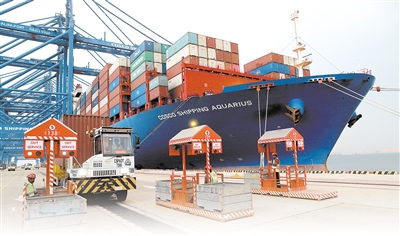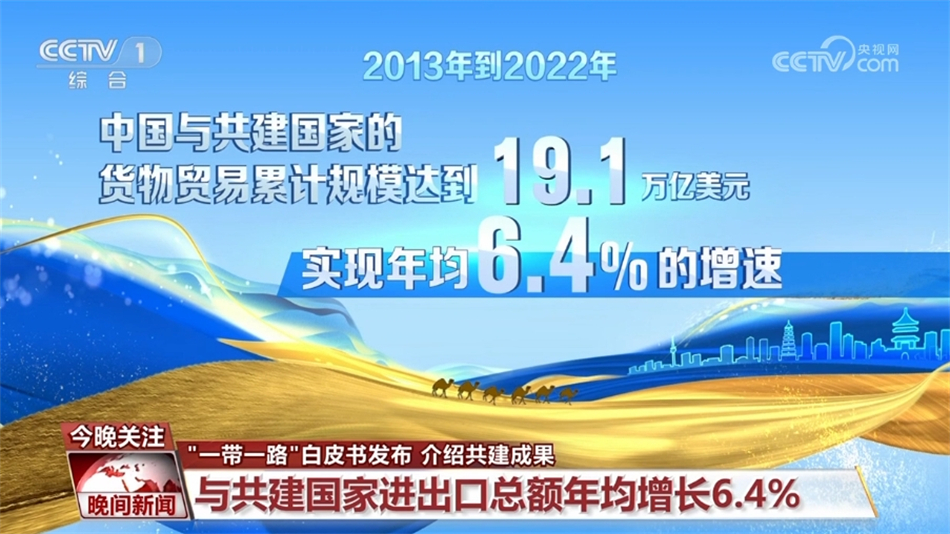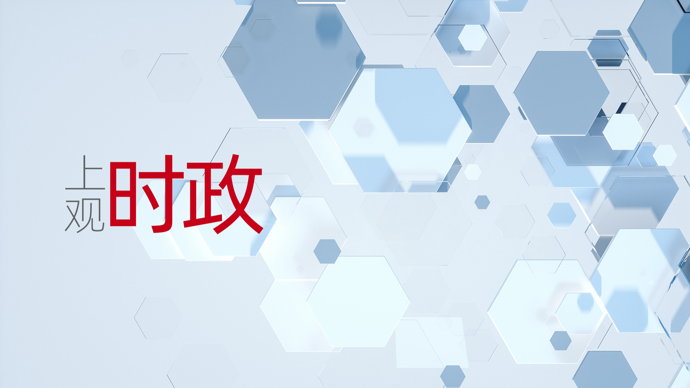Indian Media: Why Did Modi Go To China
Indian Media: Why Did Modi Go To China
Indian media reports on August 14, 2025: Indian Prime Minister Narendra Modi will travel to Tianjin, China to attend the Shanghai Cooperation Organization (SCO) summit later this month. Although India-China relations have experienced many twists and turns in the past year



Indian media reports on August 14, 2025: Indian Prime Minister Narendra Modi will travel to Tianjin, China to attend the Shanghai Cooperation Organization (SCO) summit later this month. Despite the many twists and turns in the past year, Modi's trip appears to be a global strategic choice based on realism aimed at strengthening India's multilateral foreign policy.
Although the situation on the India-China border is relatively calm, the friction points on the China-India border have not been completely disengaged. However, the agreement reached by China and India during the 2023 BRICS summit - that is, not to undermine border peace due to differences - remains valid. Although India has not officially announced it, sources said Modi's itinerary to visit China has been basically confirmed.
This visit to China is to participate in the multilateral event - the Shanghai Cooperation Organization Summit. This is a security-oriented Eurasian group led by 10 member states led by China and Russia.
Modi visited China last time to attend the 2018 Shanghai Cooperation Organization Summit.
Given the current status of Sino-Indian-Indian-Pakistan relations, India appears a little different in the organization because it does not support the Belt and Road Initiative as other member states do. In 2019, India withdrew from the Regional Comprehensive Economic Partnership Agreement at the last minute. Recently, India also refused to sign a joint statement condemning Israel's attack on Iran.
India recognizes the role of the SCO in combating terrorism (especially in Afghanistan), promoting connectivity that does not undermine sovereignty and territorial integrity, and promoting relations between India and Central Asia. Modi used the Shanghai Cooperation Organization Heads of State Council meeting (the organization's highest decision-making body) to promote India's strategic interests.
Russia has also played an important role in promoting China-India relations. Although Russia has not actively mediated India-China relations, it provides both sides with a platform for dialogue after the 2020 Galwan Valley conflict.
Modi has not participated in the Shanghai Cooperation Organization summit many times, such as he did not attend in 2024.
Modi's visit to China is because he recognizes the importance of the summit and the need to normalize China-India relations. This relationship is crucial not only to China and India, but also to the entire world. Supporting this relationship will also be crucial for India to serve as the rotating presidency of the BRICS countries next year.
Modi's visit to China shows that India is ready to establish good working relations with China.
When Indian national security adviser Doval visited China in December last year, the two sides agreed to maintain peace in the border area so that "the border issue does not hinder the normal development of bilateral relations."
Both sides are willing to look at bilateral relations from a long-term perspective. Modi's bilateral meeting with Xi Jinping may announce some important outcomes (such as the resumption of direct flights), which provides both sides with an opportunity to rebuild trust and build a mutually beneficial partnership involving areas such as trade, investment and emerging technologies, in which China is a global leader.
India hopes China can respond to India's concerns and address some trade restrictions related to manpower and equipment that have affected India's manufacturing industry and fulfilled its commitment to import more goods to reduce the trade deficit of $100 billion. India will also focus on China's influence in India's neighboring regions and the wider Indo-Pacific region. China hopes that, as Chinese Ambassador Xu Feihong recently told the Times of India, India can provide a transparent and non-discriminatory business environment for Chinese investment.
Although the "dance and elephant dance together" has just begun, under these circumstances, the relationship between the two countries will still face risks. From the early days of Modi's rule to the Doklam crisis, to the excitement of the informal summit and the conflict in the Galwan Valley, the ups and downs of the bilateral relations have provided an important lesson for both sides.
The answer may lie in Modi's recent remarks that competition should not evolve into confrontation.





